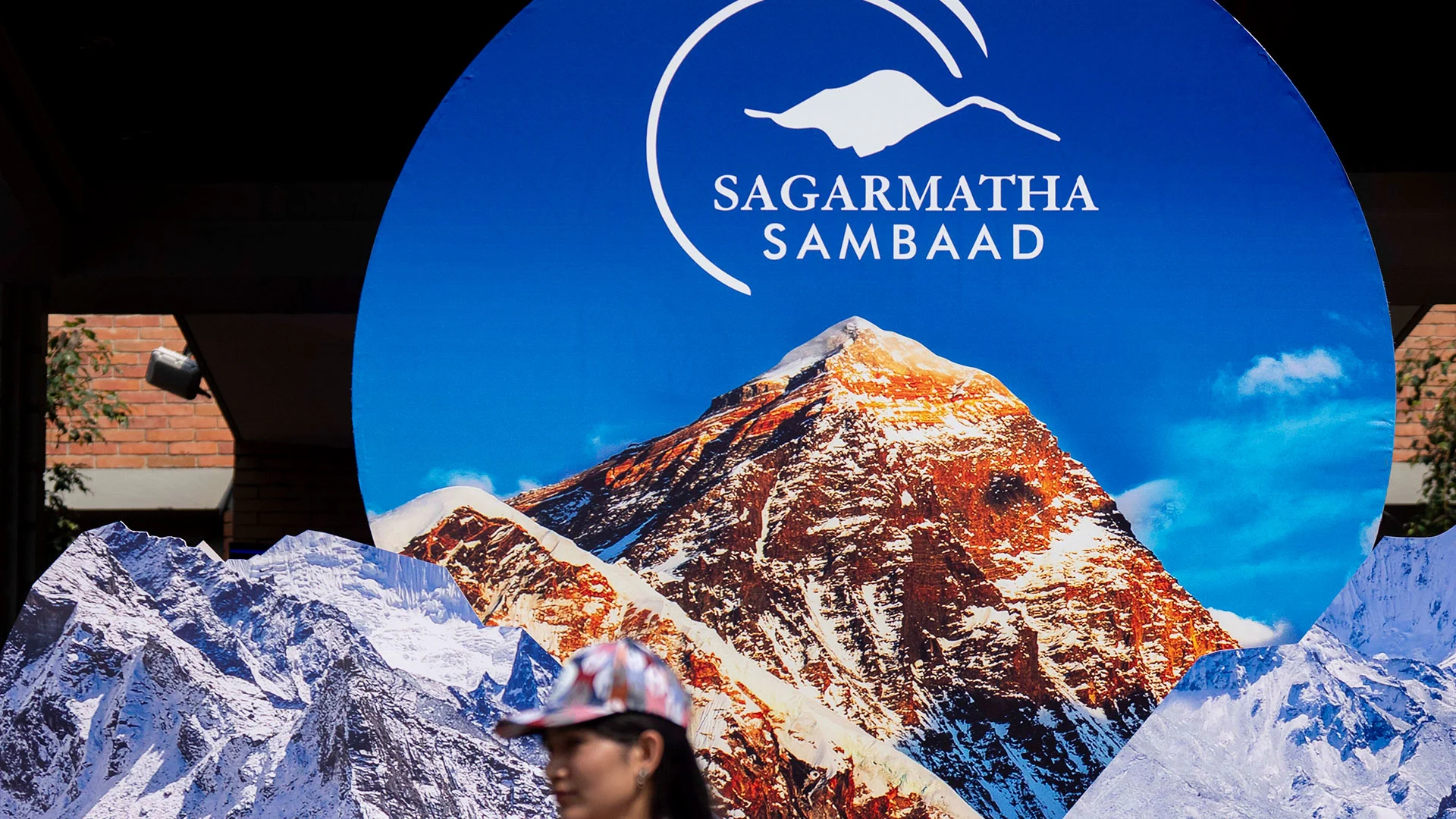
"From the lap of Sagarmatha (Everest), the world's highest peak, we send this message loud and clear that to protect the mountains is to protect the planet. To protect the mountains is to protect our seas. To protect the mountains is to protect humanity itself."
"The tragedy is that the Himalayas are facing an unprecedented stress test in real time today, exposing not only the fragile nature of our mountain ecosystems but also a glaring evidence of the lack of meaningful global climate action."
"Nepal has experienced a series of severe weather events in the recent past with devastating impacts on people and their livelihoods. Floods and glacial lake outbursts have caused large-scale destruction and damage."
"Scientists have warned the Himalayan mountains could lose up to 80% of their glaciers if the Earth warms in coming decades or centuries, raising significant concerns."
The conference in Kathmandu, "Climate Change, Mountains and the Future of Humanity," aims to address the global implications of climate change, particularly in the Himalayas. Nepal's Prime Minister emphasized the connection between mountain protection and planetary health. Glaciers in the Himalayas are rapidly depleting due to global warming, which has raised alarms about natural disasters like landslides and avalanches. Officials underscored Nepal's vulnerability to climate events, noting the devastating impacts on local communities through floods and droughts, highlighting the urgent need for effective climate action.
Read at Fast Company
Unable to calculate read time
Collection
[
|
...
]